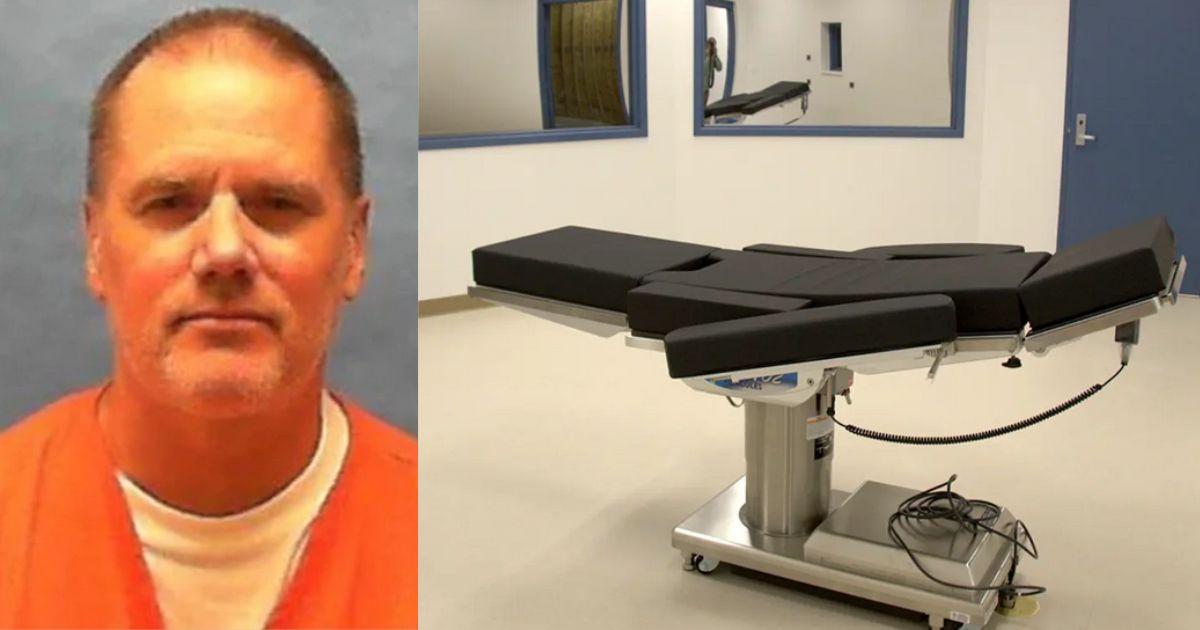Some incidents are such that they leave a scar on a community forever, no matter how many years go by. One such case is that of Edward J. Zakrzewski II, whose horrific crime in 1994 shocked Florida and left a lasting mark on all who heard about it.
Edward J. Zakrzewski II had killed his wife and children that year after his wife asked for an divorce from him. In 1996, He pleaded guilty for the first degree murders he committed and was given three death sentences for killing three members of his family, Sylvia Zakrzewski, Edward Zakrzewski, and Anna Zakrzewski, his wife and two kids, respectively.
While his verdict was given in 1996, his execution has been set for July 31, 2025 as Republican Gov. Ron DeSantis has signed the death warrant. His execution will mark the ninth one scheduled for this year in the state.
Edward’s wife Sylvia was almost 5 years older than him and the couple had two children. In 1994 the couple bought a house in Shrewsbury Road in Mary Esther, Florida and things seemed to be fine. However, in that very year they started having marital problems and Edward came to know that Sylvia was going to file for divorce and she also intended to take the children with her.
Four days after learning this, one June 1, 1994, Edward did not show up at work and eventually when sheriff’s deputies came to the couple’s house, they found out that his wife and children were killed brutally with the murder weapon being something like a machete and crowbar.
View this post on Instagram
The bodies of Sylvia and the kids were stacked on top of each other and Edward was nowhere to be found along with a family car. As the investigation started, authorities came to know from a neighbor that Edward threatened to kill his family if Sylvia tried to divorce him.
It also came to light that on the night before he committed the murders Edward went on drinking and also cleaned out the couple’s joint bank account. He remained in hiding and ultimately turned himself in when his case was shown in the show Unsolved Mysteries.
Such incidents remind us of the darkest corners of human behavior, and the extreme pain that families, communities, and even generations can carry long after the crime itself.













